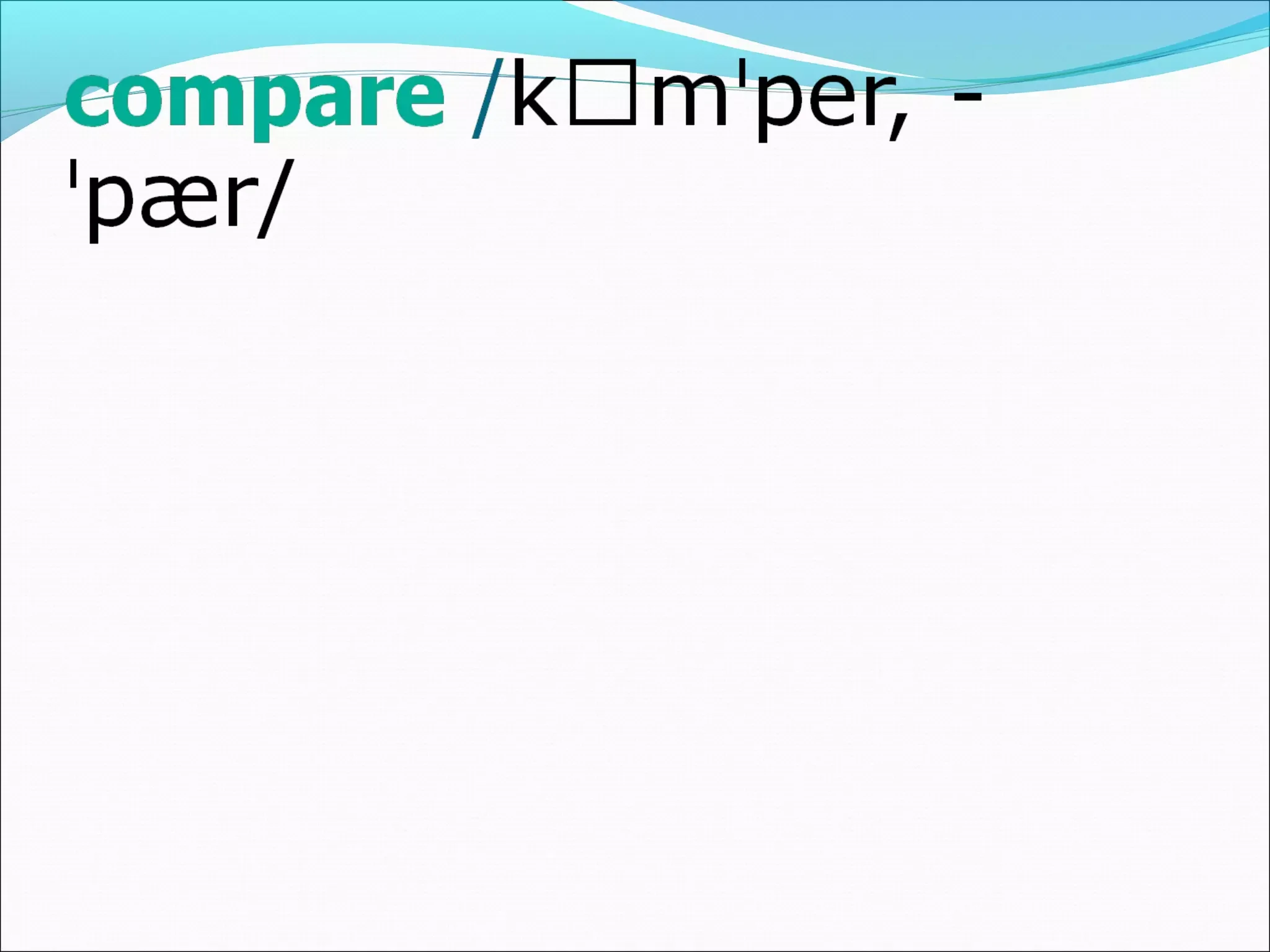This document provides definitions and information about key terms related to earthquakes and the structure of the Earth. It defines an earthquake as a sudden, violent movement of the Earth's surface. It also discusses the different layers that make up the Earth's structure - the crust, mantle, and core. The crust is the outermost solid layer, under which lies the mantle that surrounds the liquid outer core and solid inner core at the center.























































































































































































































































































































































































































































